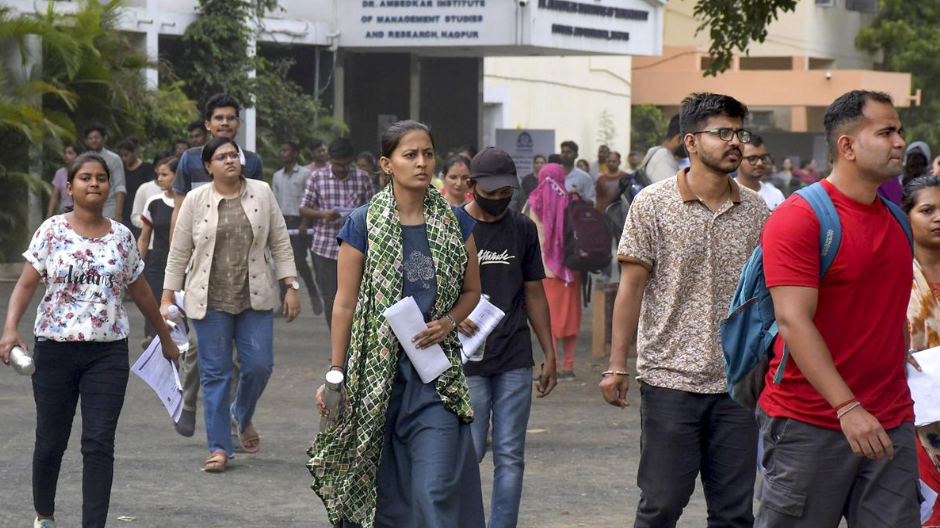Reservation for Locals in the Private Sector (GS Paper 2, Polity & Governance)

Context
- Recently, the Karnataka government suspended the implementation of the "Karnataka State Employment of Local Candidates in the Industries, Factories, and Other Establishments Bill, 2024."
- This decision followed significant opposition from the business sector, prompting a comprehensive review of the bill before its reintroduction in the state assembly.
Reservation Policies in Other States
In a related development, the Haryana government announced employment opportunities for Agniveers, recruits under the Agnipath scheme, including:
- 10% reservation in various public sector roles such as constable and mining guard.
- Age relaxations for Group-B and Group-C posts.
- Subsidies and loan benefits for private firms hiring Agniveers and for their business startups.
- Priority in arms licenses and government jobs.
Key Provisions of Karnataka’s Reservation Bill
- Reservation Mandate: The bill proposes 75% reservation for local candidates in non-management positions and 50% in management positions within private enterprises in Karnataka.
- Definition of Local Candidate: A local candidate is defined as someone born in Karnataka or residing there for at least 15 years, with proficiency in Kannada.
- Job Categorisation: It differentiates between management (supervisory, managerial, technical) and non-management (clerical, unskilled, semi-skilled) roles.
- Skill Development: Industries must offer training to local candidates to bridge skill gaps, with a three-year implementation window if qualified local candidates are unavailable.
- Flexibility Clause: Under specific conditions, the reservation quota can be reduced to 50% for non-management and 25% for management positions.
Legal and Constitutional Challenges
- Equality and Affirmative Action: Domicile-based reservations face scrutiny under India's Constitution. Article 14 ensures equality before the law, while Articles 15 and 16 allow special provisions for backward classes without prejudice to non-domicile candidates.
- Judicial Precedents:
- Dr. Pradeep Jain v. Union of India (1984): The Supreme Court allowed some preference for domicile candidates but cautioned against absolute exclusion of non-domicile candidates.
- Indra Sawhney Case (1992): The Supreme Court capped total reservations at 50%, including domicile reservations.
- In recent rulings, the Punjab & Haryana High Court declared Haryana's 75% reservation for locals in the private sector unconstitutional, citing artificial divisions and disruption of free-market principles. This decision is currently under appeal in the Supreme Court.
Arguments in Favor of the Bill
- Local Employment: Aims to boost job opportunities for local residents, reducing unemployment and retaining economic benefits within the state.
- Economic Equity: Seeks to address regional disparities and promote balanced economic development across various areas.
- Skill Development: Training programs are expected to enhance local workforce skills, making them more competitive.
- Social Stability: Increasing job opportunities for locals could reduce social tensions and foster community harmony.
- Talent Retention: Helps retain skilled individuals within the state, preventing brain drain.
- Cultural Preservation: The language proficiency requirement supports local culture and language, enhancing cultural identity.
Arguments Against the Bill
- Business Competitiveness: May hinder companies from hiring the best talent, affecting efficiency and competitiveness.
- Skill Shortages: Local candidates may lack the necessary skills for specialized roles, increasing training costs and operational inefficiencies.
- Investment Deterrence: Restrictive hiring policies could deter both domestic and international investors, negatively impacting economic growth.
- Legal and Administrative Burden: Ensuring compliance with the policy could impose significant costs on businesses.
- Discrimination Concerns: The policy might discriminate against non-local candidates, violating equal opportunity principles.
- Economic Impact: Domicile-based reservations could hinder economic growth by limiting job opportunities and deterring businesses.
- Social Tensions: The policy might exacerbate divisions between local and non-local residents, undermining social cohesion.
Way Forward
To balance local interests with broader economic goals, the reservation policy should:
- Periodic Review: Regularly assess its economic and industrial impact.
- Constitutional Compliance: Ensure that policy decisions align with the Indian Constitution and respect citizens' fundamental rights.
- Free Movement: Implement the policy without restricting manpower mobility across the country.


